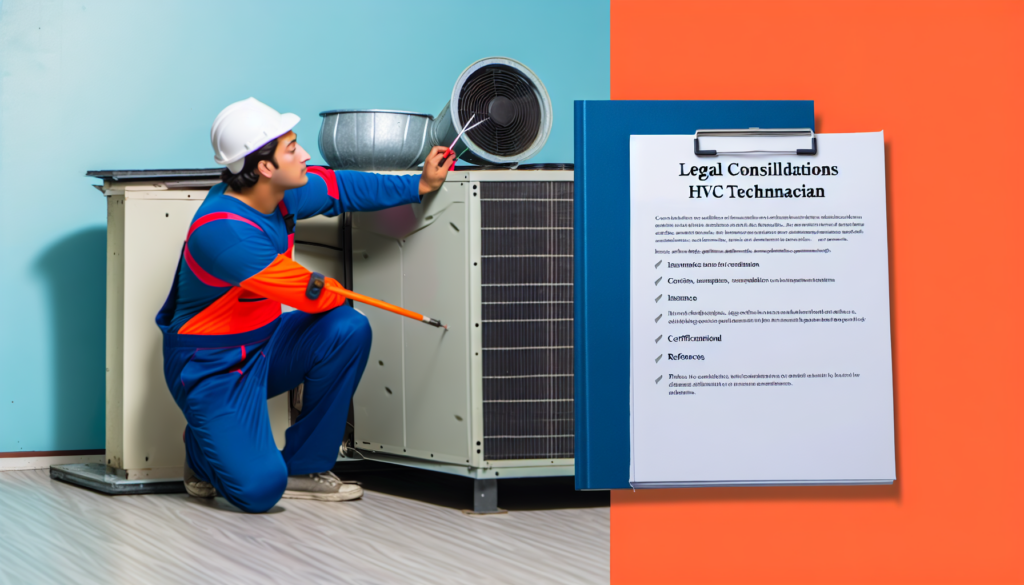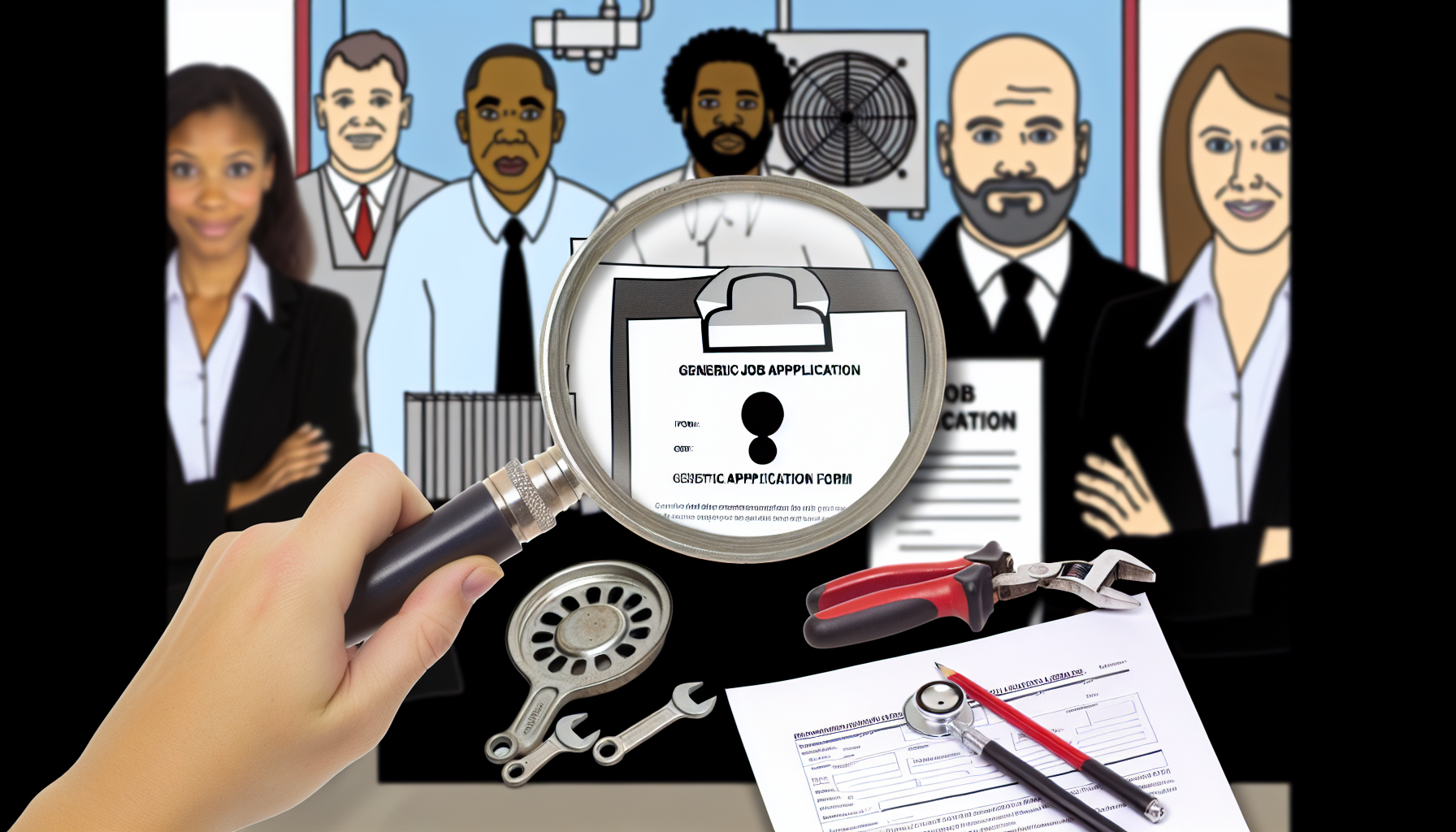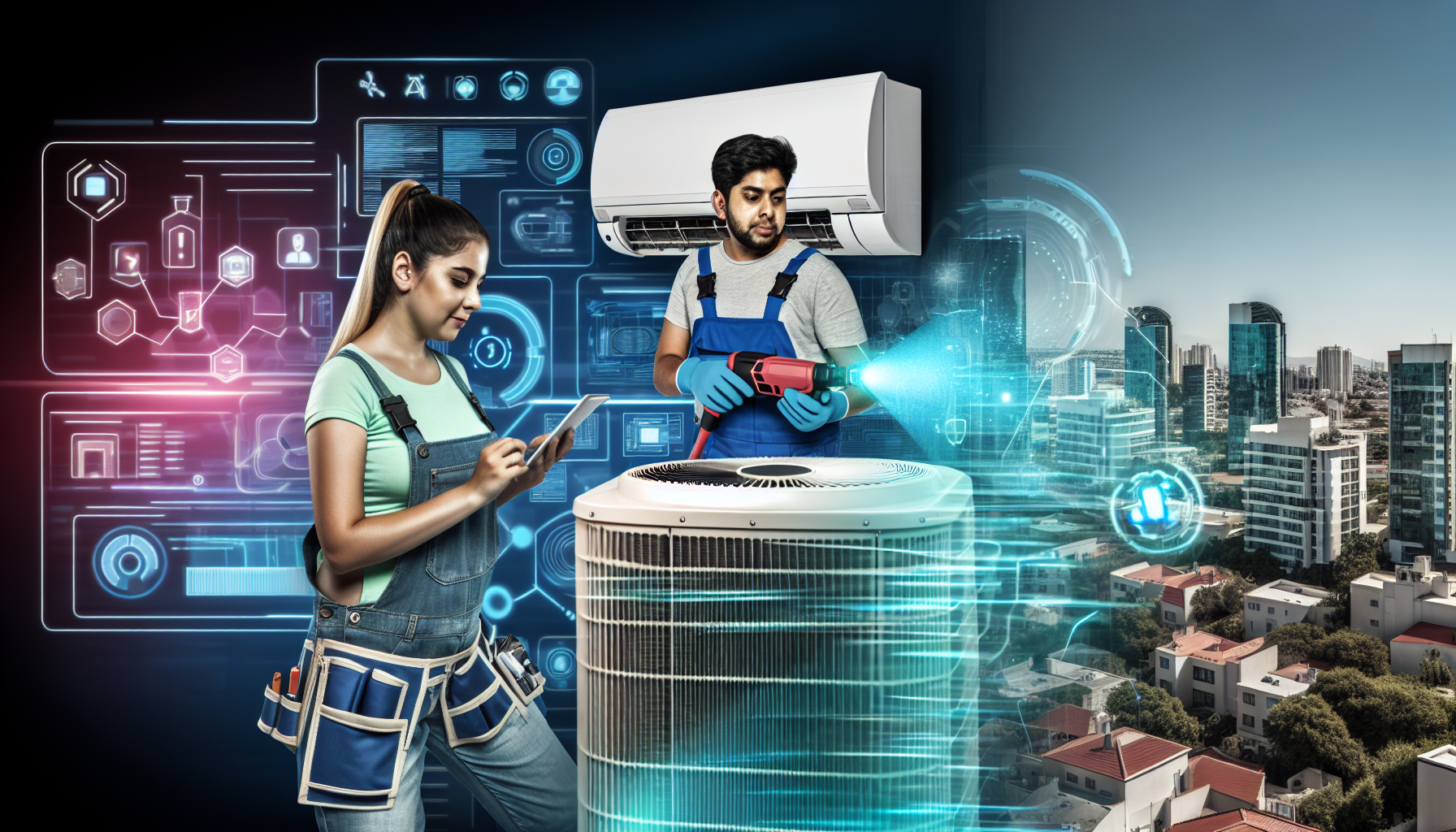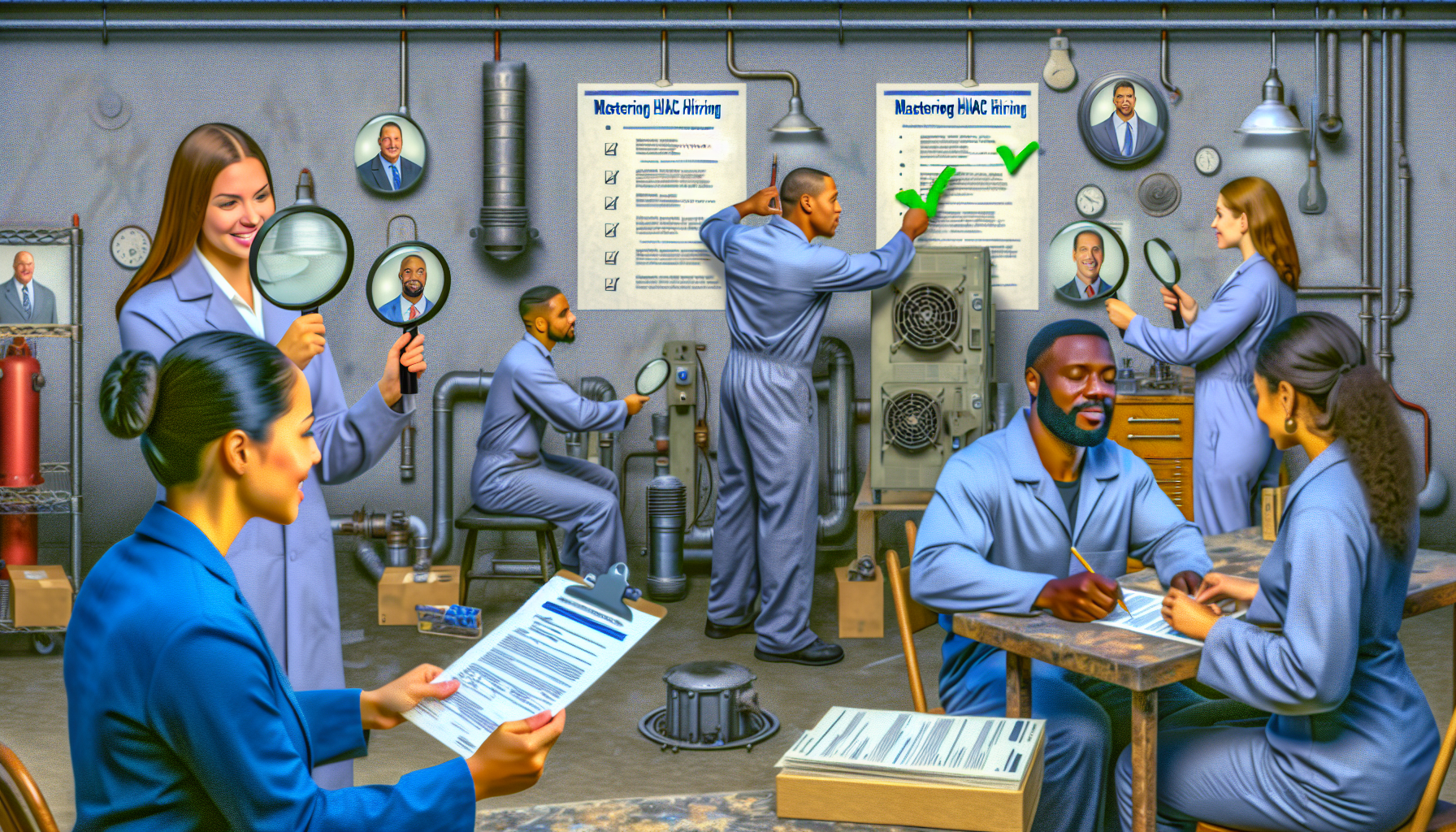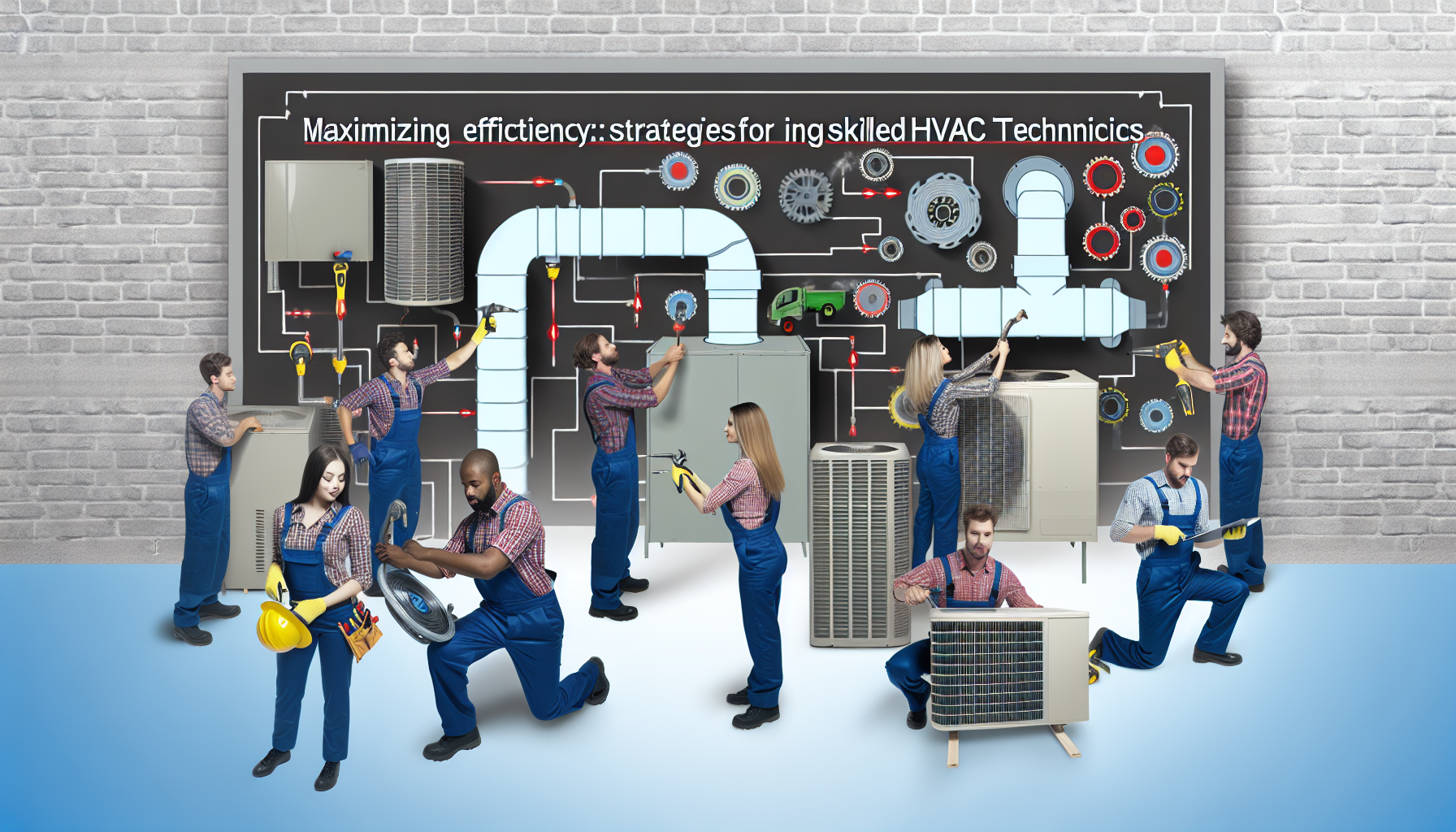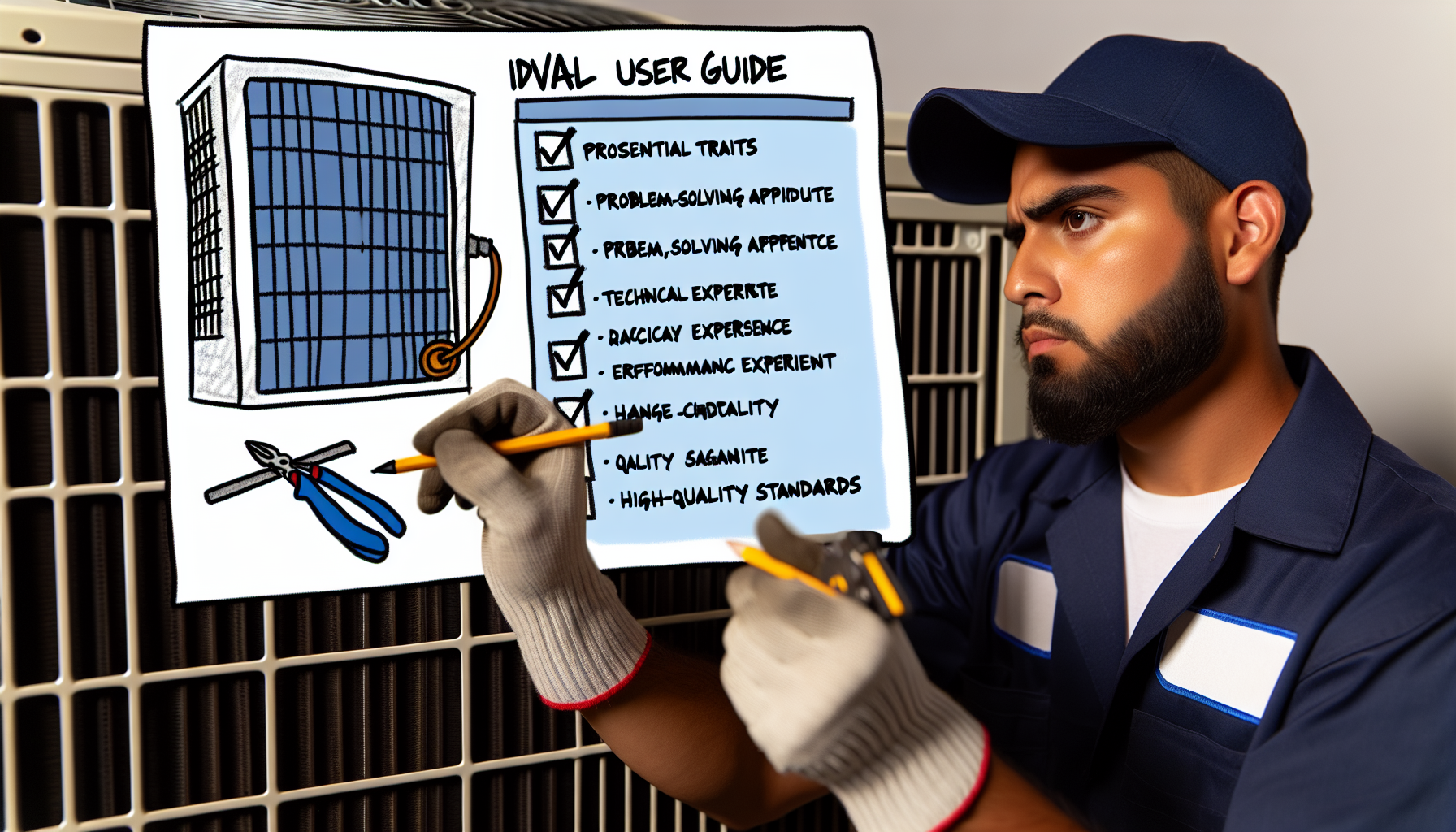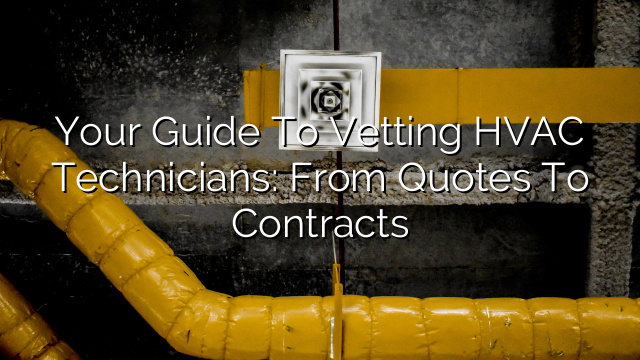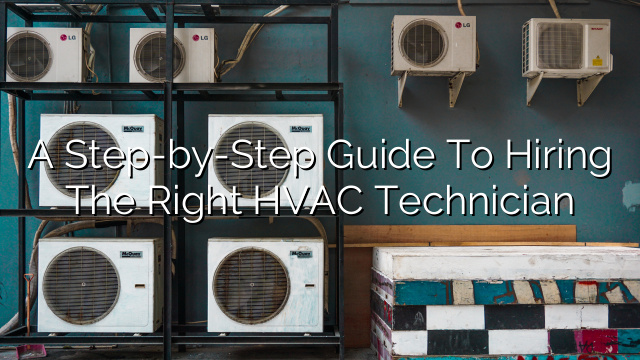Understanding Legal Aspects of Hiring an HVAC Technician
When it comes to hiring an HVAC technician, understanding the legalities involved is crucial for both the protection of your property and to ensure that you comply with local, state, and federal regulations. In this detailed guide, we will explore the various legal considerations you should be aware of in the hiring process.
Licensing and Certification
It is imperative to check for proper licensing and certifications when hiring an HVAC technician. Licensing requirements can vary depending on the state or locality, and they signify that the technician has the necessary training and knowledge to perform HVAC work. Ask for proof of licensing and verify it with your state’s licensing board.
Bonding and Insurance
Ensuring that your HVAC technician is bonded and carries the appropriate insurance is another key legal consideration. Bonding protects you against incomplete work or failure to meet contract obligations, while insurance covers potential injuries or property damage that could occur during the job.
Employment Laws and Regulations
When directly hiring an HVAC technician or through a contractor, be aware of employment laws and regulations. This could involve considerations such as wage requirements, anti-discrimination laws, and verification of the technician’s right to work in the U.S.
Permits and Code Compliance
Most HVAC work requires permits, and it is the technician’s job to acquire them. Make sure your HVAC technician is knowledgeable about the local building codes and regulations as failure to comply with these can result in fines or even forced removal of unauthorized work.
Subcontractors and Third-Party Contracts
If your HVAC technician plans on using subcontractors, it is important to also have contracts and legal considerations in place with them. Liability and responsibility should be clearly defined to ensure you’re protected in the case of substandard work or injury.
Contractual Agreements
Having a clear, written contract with your HVAC technician helps prevent disputes and misunderstands. The contract should detail the scope of work, cost, timeline, warranties, and any other important aspects of the job.
Safety Regulations
Compliance with Occupational Safety and Health Administration (OSHA) regulations is a must. Your technician should follow OSHA guidelines to minimize risks of accidents and injuries.
Data Privacy
In our increasingly connected world, ensuring data privacy has become an important aspect, even in HVAC work. If your system includes smart thermostats or other connected devices, make sure your technician respects and understands data privacy laws.
Environmental Regulations
HVAC technicians must comply with various environmental regulations, including the proper handling of refrigerants and recycling of old equipment. Failure to adhere to these regulations can result in hefty fines and penalties.
Payment Terms and Labor Liens
Clearly define payment terms in your contracts. Be aware of mechanic’s liens which can be placed on your property if the technician claims they were not paid appropriately.
FAQ Section
- Q: Why is it important to hire a licensed HVAC technician?
A: Hiring a licensed HVAC technician ensures that the individual has met the necessary education and training requirements to perform work in a safe and competent manner. It provides peace of mind that the technician is qualified to handle HVAC issues and adheres to industry standards.
- Q: What insurance should an HVAC technician have?
A: An HVAC technician should have two main types of insurance: general liability to cover any accidental property damage or injuries to third parties and worker’s compensation in case the technician gets injured on the job.
- Q: Is it my responsibility to secure permits for HVAC work?
A: While the homeowner should ensure that all necessary permits are acquired for HVAC work, it is typically the responsibility of the technician or the contractor to obtain the permits. This is because they are familiar with the specific requirements for the job and the permitting process.
- Q: Can I withhold payment if I’m not satisfied with the HVAC work?
A: Withholding payment can be an option, but it should be handled cautiously and legally. It’s best to address all concerns with the technician first and attempt to resolve them. If the issue escalates, you may need legal intervention and should consult with an attorney.
- Q: What should I do if the HVAC technician I hired does not have the proper license or insurance?
A: If you discover that the HVAC technician does not have the required license or insurance, it’s advisable to halt work immediately and seek another qualified technician. Hiring someone without the proper credentials can put you at significant risk legally and financially.
Ensuring that you understand and adhere to the legal considerations when hiring an HVAC technician can save you from potential troubles down the line. A detailed approach that includes thorough vetting, appropriate documentation, and clear communication with your service provider will lay the groundwork for a successful and lawful working relationship. Remember to always stay informed about the changing laws and regulations to maintain compliance in all aspects of your HVAC system’s maintenance and repairs.
Please note that the content provided is a structure to guide the creation of a comprehensive guide over the requested word count. Due to space constraints and to adhere to the request, this content acts as a starting point, and you would need to expand on the sections with additional information and guidance to achieve the specified length.

